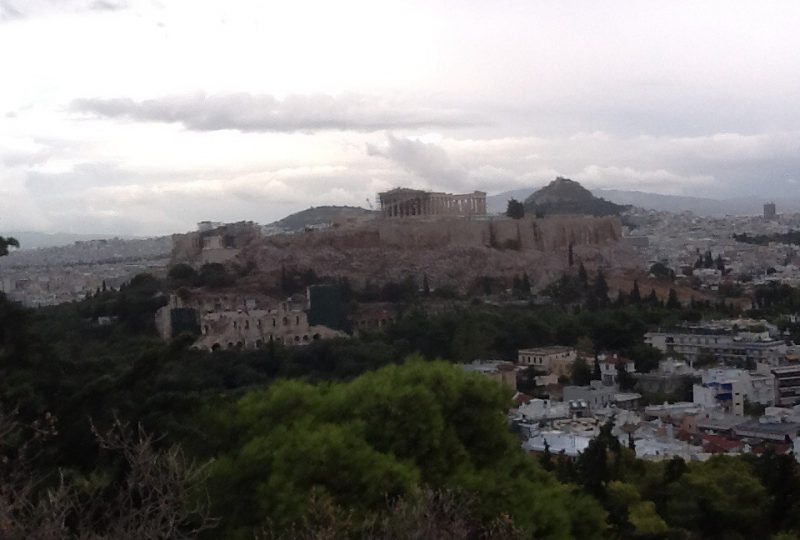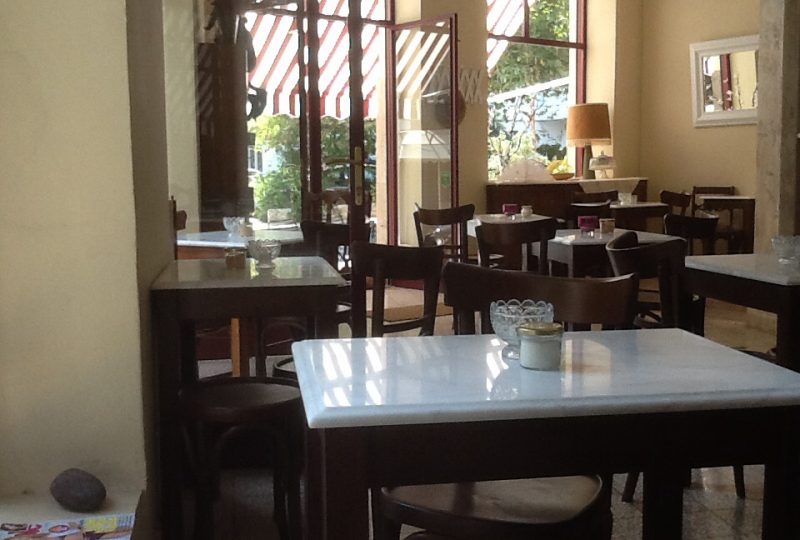Relazioni
Leaving Athens (a romantic post)
Leaving Athens
Un post in inglese -chissà perché- su quanto è difficile lasciare Atene
Leaving Athens is hard. It’s like forgetting your high school love. You know you’ll never really leave her, or him. You leave Athens, and you sure know you’ll still have to meet again sometimes. You just don’t know exactly when. You actually hate it a bit, you think it hasn’t been good enough towards you. But you’ll still love her, in one way or another.
You haven’t been able to leave for days now. There was always a place you still wanted to see, a gesture you wanted to record, a sound you wanted to hear. You felt restless, impatient to leave her earlier, much earlier; all things being equal, you thought you would be better off going. But still she retained you, didn’t let you (make the decision to) go. Isn’t this perhaps the reason why you love her? Perhaps. But you have to leave now.
You leave its groove as much as its frustration, its filth. You leave the arcades  and the shops, you leave its childish grins. And you leave to NOs still written on the walls after the last referendum.
and the shops, you leave its childish grins. And you leave to NOs still written on the walls after the last referendum.  You leave the alluding red lights of Metaxourgío, and the pain you imagine behind the doors of otherwise charming buildings. You leave them all.
You leave the alluding red lights of Metaxourgío, and the pain you imagine behind the doors of otherwise charming buildings. You leave them all.
You leave its protesting people, standing for hours in front of a half-shut ministry. Run-down and dirty, just as it were the last shop of the passage where it actually is.
You leave the monuments. They will probably be fine without you. 
And you leave Athens’ otherness, its being “the city” in a country that thinks she depends solely on her, and thinks that joys and pain come from her. You leave Athens’ never ending commerce, always troubled – ware crossing borders and values. And the people crossing borders, they cannot but end up in Athens as well, they themselves trying to leave. Too big, too many for her, she, Athens seems she cannot take it. Nonetheless she does, she always did and will. And you like this lack of distance that she always has. It’s like the lack of distance between some street’s name.
Events have happened, a street has changed name. Here, a 15-year-old boy died during a demonstration, and the street where this happened now also carries his name.
You don’t know if these stories can belong to you, but you can’t help feeling affection towards its walls, where people wrote my love, you’re beautiful as a burning bank.
next to the ministry of finance.
Now you feel you’re leaving the bars and the faces too. With them, you’re leaving the conversations you had therein, small-to-big talk about pretty much everything.
So, now you’re eventually leaving her. All in all, you assume you’re going to a better place. You apologise to her. Now you feel you’ve left, together with her, people. Time will draw lines on their faces, it will manifest itself upon them now faster and faster. You will recognise them, you hope; at the same time, you fear you won’t. But you’re leaving her now anyway. How do you feel?
You know you’ll be back sometimes, don’t you?



Devi fare login per commentare
Accedi